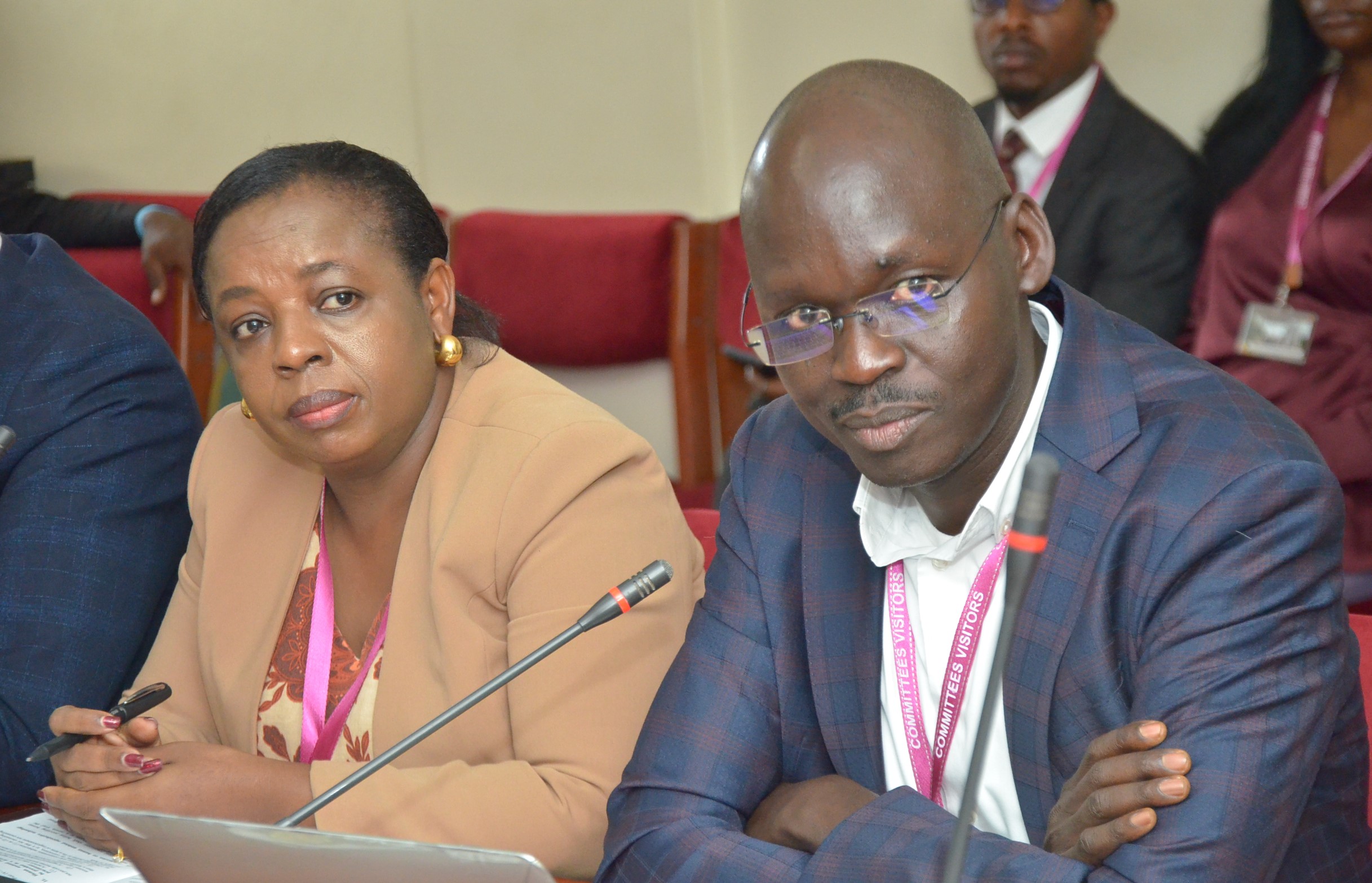The ongoing scrutiny of the Human Assisted Reproductive Technology Bill, 2023 by Parliament’s Health Committee has sparked significant interest, with various civil society groups and stakeholders presenting divergent perspectives on the proposed legislation.
A key point of contention within the bill revolves around the scope of fertility treatment services and whether they should be restricted solely to married couples or extended to include both single and married adults.
During discussions with stakeholders, including representatives from Bethany Women and Family Hospital, Members of Parliament highlighted concerns regarding individual consent to fertility services. Isaac Otimgiw, the MP for Padyere County, voiced apprehensions about potential exploitation by homosexual individuals in Uganda if consent for fertility treatments is granted to individuals rather than requiring joint consent from both partners. Otimgiw emphasized the perceived risks of opening up avenues for what he termed as ‘loopholes’ that could be exploited for personal gain.
“When we start opening up the gaps where only a woman can consent, a man can consent, we are going to have lesbians coming in wanting to have children, we are going to have gay men coming in, using that gap,” warned Otimgiw.
Dr. Andabati Gozanga, a leading specialist in Fertility, IVF, and Laparoscopy at Bethany Women and Fertility Hospital, expressed significant reservations about certain clauses of the bill, notably clause 17(1). This clause prohibits the harvesting of gametes (eggs and sperm) from individuals under 18 years old, with clause 17(2) proposing severe penalties, including a 10-year jail term or a fine of Shs200M for violations.
Dr. Gozanga argued that such restrictions could have adverse consequences for children diagnosed with medical conditions like cancer, where fertility preservation through gamete harvesting may be critical to their future reproductive health.
“There are some cases, like those who have cancer problems, where it is advised that they should keep their eggs or sperms. If we restrict this procedure to 18 years and above, our hands are tied,” Dr. Gozanga explained.
“We think it is wise to stretch the scope of the bill to accommodate these children,” Dr. Gozanga remarked. “For example, people with sickle cell disease often undergo bone marrow transplants involving chemotherapy, which can impact their future fertility.”
Dr. Gozanga also expressed opposition to the proposal of regulating fertility clinics under the Uganda Medical and Dental Practitioners’ Council due to the lack of representation of fertility experts within the council.
“The partners in fertility aren’t represented on the Uganda Medical and Dental Practitioners’ Council and we wonder how you will be able to identify the key things to look at in terms of regulation, we are wondering if there is going to be any possibility of beefing up the Council because we see that as a source of delay or unfair assessments,” Dr. Gozanga added.
The Human Assisted Reproductive Technology Bill, 2023 is designed to oversee the use of reproductive technologies in Uganda, with a focus on safeguarding the rights and well-being of individuals seeking fertility services, providers, and children born through assisted reproductive technologies. The bill outlines provisions related to the administration, operation, and regulation of fertility centers, donation and storage of gametes and embryos, rights and duties of stakeholders, creation of registries, as well as penalties for unauthorized activities.
The proposed legislation aims to establish a comprehensive legal framework to govern assisted reproductive technology, ensuring the practice adheres to ethical and safety standards while addressing the reproductive health needs of individuals and couples in Uganda.




